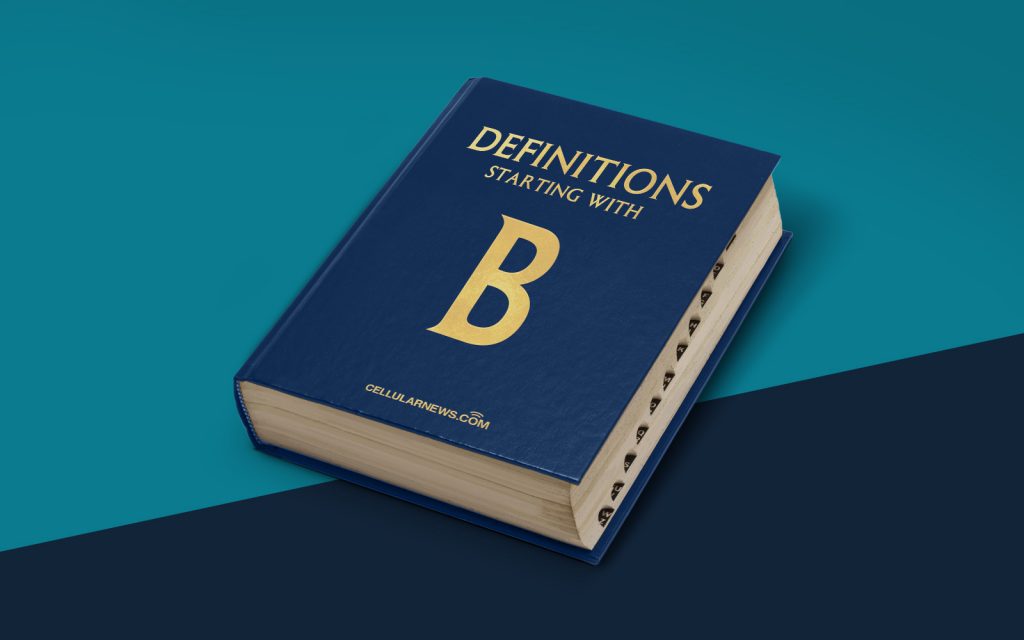
What is a Business Object (BO) in IT?
Welcome to another installment of our “DEFINITIONS” series, where we break down complex IT terms into simple, easy-to-understand explanations. In this post, we’ll dive into the world of Business Objects (BO) and unravel the mysteries surrounding this important concept in the IT industry. So, what exactly is a Business Object?
A Business Object (BO) refers to a basic unit of information that represents a real-world object or entity within a business process or system. It is a fundamental building block that encapsulates both the data and the operations related to a particular entity or concept in the context of a business application or software.
Key Takeaways:
- A Business Object (BO) is a basic unit of information within a business process or system.
- It represents a real-world object or entity and encapsulates both the data and operations related to that object or entity.
It may sound a bit technical, so let’s take a closer look at what exactly a Business Object entails:
- Data Representation: A Business Object stores and organizes data relevant to a specific business entity or concept. This data can include attributes, properties, relationships, and other details necessary to accurately represent and understand the object in the context of a business process.
- Business Logic: A Business Object contains the necessary logic and rules that govern the behavior and operations associated with the represented object. These can include methods, functions, and algorithms that define how the object interacts with other objects and how it responds to different actions or events within the system.
- Reusability: Business Objects are designed to be reusable components that can be utilized across multiple applications or systems. They promote modular and efficient development, as developers can leverage existing Business Objects rather than reinventing the wheel for every new project.
- Abstraction: Business Objects abstract away the complexities of the underlying data and processes, providing a simplified interface for interacting with the entity they represent. They help bridge the gap between real-world concepts and the technical implementation in software systems, making it easier for users and developers to understand and work with the system.
In summary, a Business Object is a critical component in designing and building robust IT systems. By encapsulating both data and operations, it provides a holistic representation of real-world entities or concepts within a business context. Its reusability, abstraction, and ability to encapsulate business logic make it an essential tool for efficient software development and effective business process management.
We hope this breakdown of the Business Object concept has shed some light on its importance and functionality. If you have any questions or would like to learn more about any other IT terms, feel free to reach out to us. Stay tuned for more helpful definitions in our ongoing series!
